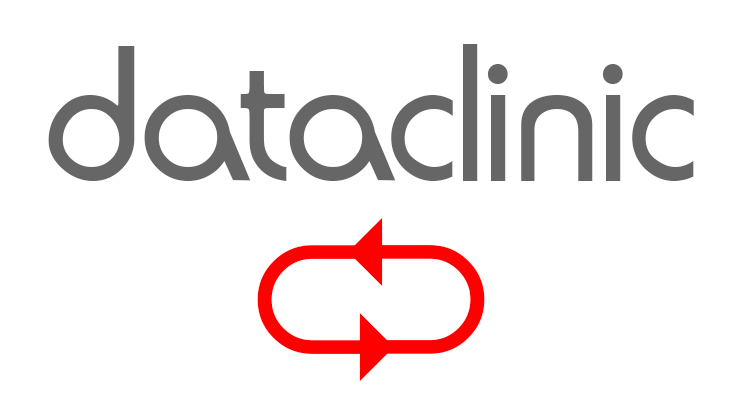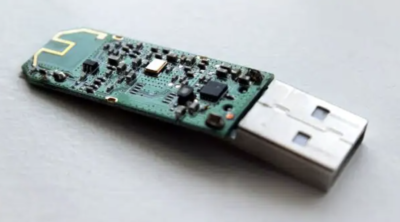Data Recovery from Memory Sticks
Also known as USB Flash Drive / Pen Drive Data Recovery
Data Clinic recover data from a lot of memory sticks in a variety of different conditions and suffering from various types of fault. Common faults on USB memory sticks, also known as USB flash drives, can occur due to various reasons, ranging from physical damage to software issues. Here are some common faults observed in USB memory sticks:
- Physical Damage: USB memory sticks are small and portable, making them susceptible to physical damage. This can include broken connectors, bent or snapped USB connectors, or damage to the casing. Physical damage can render the USB stick unreadable or unusable.
- Connector Wear and Tear: Frequent insertion and removal of the USB stick can lead to wear and tear on the connector, causing poor contact or connectivity issues. Over time, the metal contacts inside the USB port or connector may become damaged or worn, resulting in intermittent connections or failure to recognise the device.
- Corrupted File System: USB memory sticks can experience file system corruption due to improper removal, power surges, or software errors. Symptoms of file system corruption include error messages indicating that the drive needs to be formatted or inaccessible files and folders.
- Data Corruption: Data corruption can occur on USB memory sticks due to various factors, including improper ejection, power loss during data transfer, or exposure to malware or viruses. Corrupted data may result in unreadable files, missing data, or errors when accessing files.
- Bad Sectors: Like hard drives, USB memory sticks can develop bad sectors over time, where certain areas of the storage become unreadable or inaccessible. Bad sectors can result from physical damage, wear and tear, or manufacturing defects, leading to data loss or device malfunction.
- Overheating: Prolonged usage or exposure to high temperatures can cause USB memory sticks to overheat, potentially damaging internal components and leading to device failure. Symptoms of overheating may include the USB stick becoming hot to the touch or the device shutting down unexpectedly.
- Firmware Issues: USB memory sticks rely on firmware to control their operation. Firmware issues can arise due to bugs, glitches, or corruption, leading to device malfunction or instability. Symptoms may include the device not being recognised by the computer or erratic behaviour during data transfer.
- Incompatible File Systems: USB memory sticks formatted with incompatible file systems may not be recognised or accessible on certain devices. For example, a USB stick formatted with NTFS may not be readable on devices that only support FAT32. Formatting the USB stick with the correct file system can resolve compatibility issues.
Overall, USB memory sticks are prone to various faults that can affect their functionality and reliability. Regular backups, careful handling, and proper ejection procedures can help minimise the risk of faults and data loss. If a USB memory stick experiences persistent issues, it may require professional evaluation or data recovery services to diagnose and resolve the problem.
How Our Memory Stick Data Recovery Works
If you’d like us to look at your faulty memory stick here’s what to do.
- Please contact us for a unique reference number
- Post the device to us along with the reference number
- We’ll diagnose the problem and quote a recovery cost
- You can decide whether you wish to proceed or not
- If you do we’ll recover the data to a new device, if you don’t we can either securely dispose of the device or return it.









